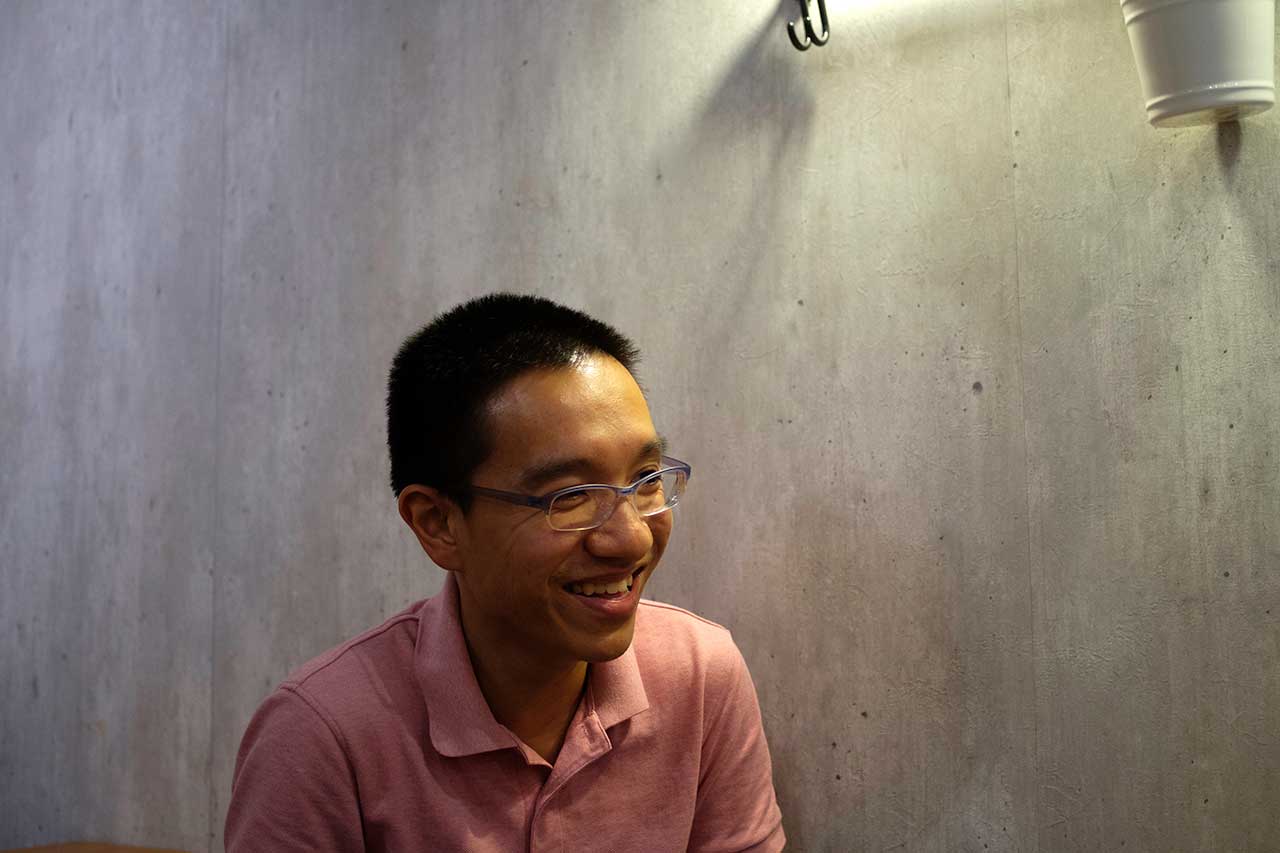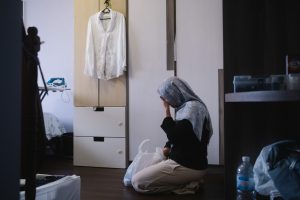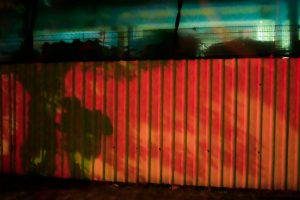For those who don’t remember who Shirwin Eu is, he’s the Uber driver who shot to notoriety* for attempting to contest in 2016’s Bukit Batok by-election. More recently, he was spotted again at the Elections Department, collecting forms for what was supposedly a presidential run.
But let’s take a minute to forget all that. Forget the appalling ignorance exhibited in his brief media appearances, forget his awkward disposition, forget the unconvincing rationale behind why he thinks we should vote for him.
Instead, let me set the stage for you.
On a Sunday afternoon, he drives my photographer and I to a mall near his in-laws (they visit every week). There are dents in two corners of the Toyota that serves as both family and work car, but inside, it’s clean and odourless. We chat for a bit, and I find out that he’s vegan, was raised by a single mum, and once wanted to be a professional gamer.
Midway through our conversation, his mum calls to warn him not to say anything self-incriminating. We both chuckle. After that, he drives us to his place.
His one-room condominium in Katong is so small that he rents a room in a house nearby so his domestic helper can sleep comfortably every night. Otherwise, the apartment is cosy, and in every corner there are signs of family life.
That day, we watch him and his wife put up new curtains for their helper’s room. All this time, his daughter and stepson scurry about, energetic but well-mannered.
Does this now sound like someone you might vote for?
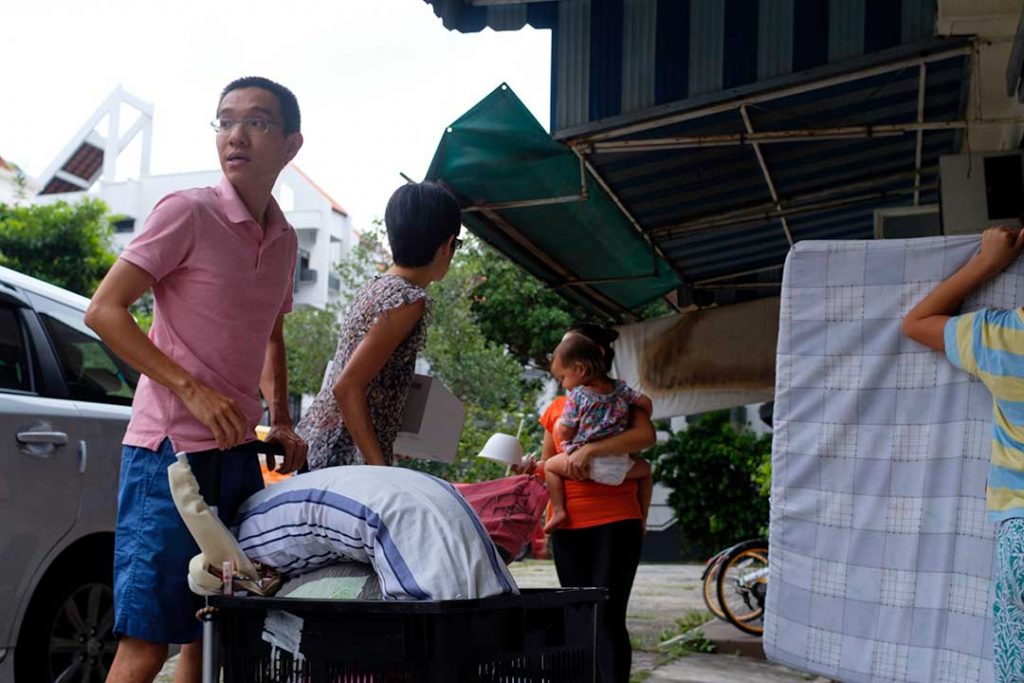
I mean, Trump administration? Free and open dialogue? What?
He says: “I feel safer there than here, because here you have to be very mindful. Cross the road cannot jaywalk, when you talk, cannot anyhow say the government. Cannot even speculate that the government is corrupt or trying to abuse their power. A lot of things you dare not challenge out of fear.”
At first, he sounds like yet another one of those stubbornly anti-PAP types, but I eventually learn that his opinions come from his experience with working in the public sector.
After completing his National Service, he joined the Civil Aviation Authority of Singapore (CAAS) for 8 years. Back then, he says, he “was really a good boy and really down to earth”. As he was promoted and began learning more about how the government operated, he found it harder and harder to get a good night’s sleep.
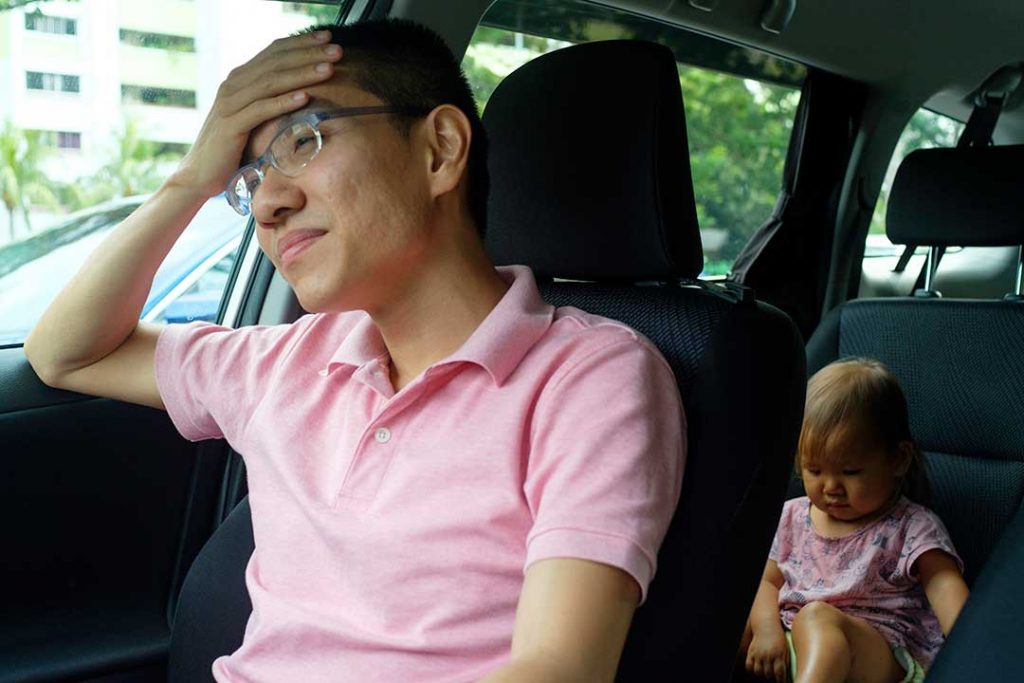
He’s ambiguous about what these decisions were, but reveals that he joined the civil service to change things. Tasked with managing information records, he wanted to make certain processes more efficient. However, he was met with resistance from others who were “very comfortable in their chair or in their zone,” and who saw him as a threat.
Citing ex-Uber CEO Travis Kalanick, he says that sometimes, you have to break things. But this cannot happen in Singapore’s culture where everything is conservative, and citizens are happy to play it safe and maintain the status quo.
“I want absolute freedom for my kids. At least next time when they grow up and they ask why we never migrate, I’ll say I did my best already. This is my way of fighting within my limits.”
Soon enough, he was told by some of his superiors to remove his comments. After eventually failing to transfer to another department at the same time as the only boss who liked him, he decided to leave his job.
“When people cannot agree with you, there are politics. So as soon as I got my Masters, I left. Since I don’t fit in, the more I shouldn’t hang around and make life difficult for people. These are people who are comfortable with where they are and what they do, so I have to respect that,” Shirwin tells me.
He adds: “If the market forces don’t like me, I’m out. If not, I’m in. Like my brand of politics is acceptance. I don’t believe in eliminating other people just because they don’t agree with me.”
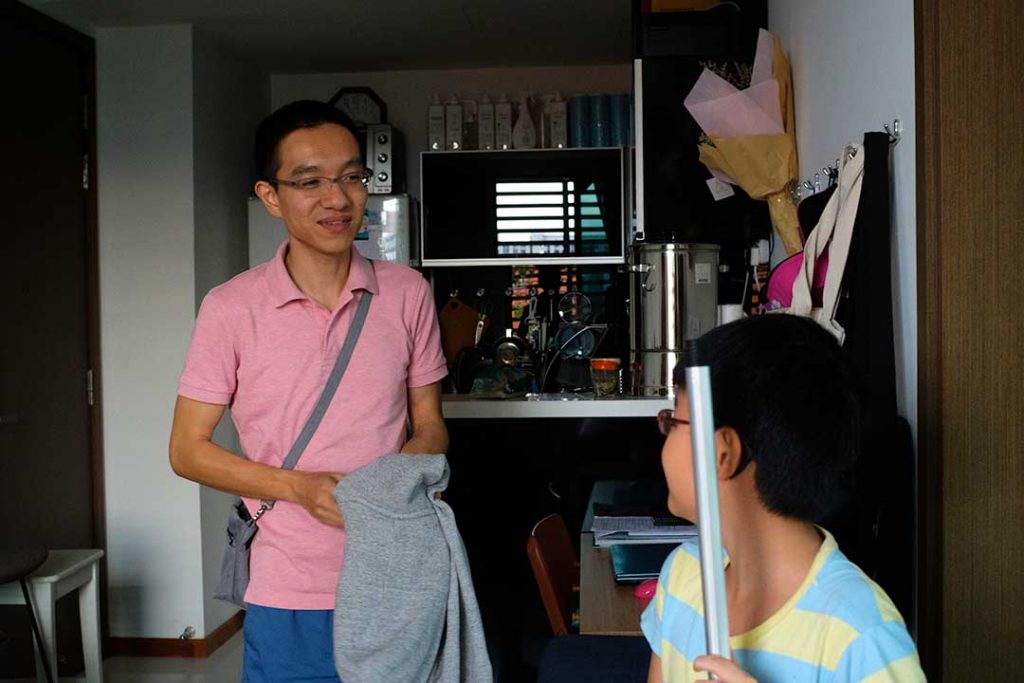
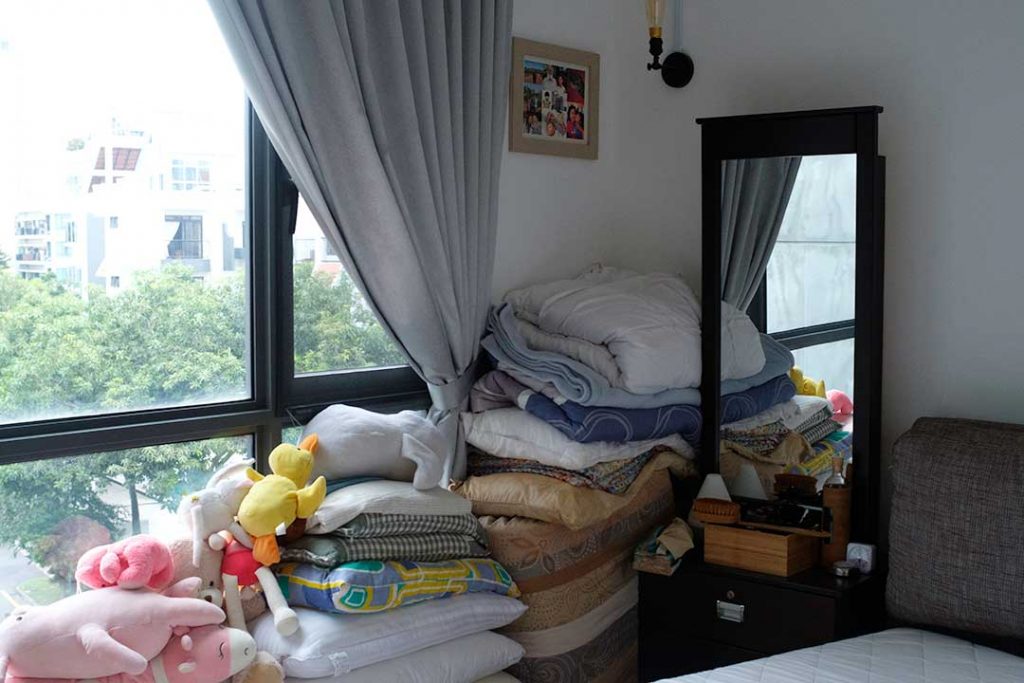
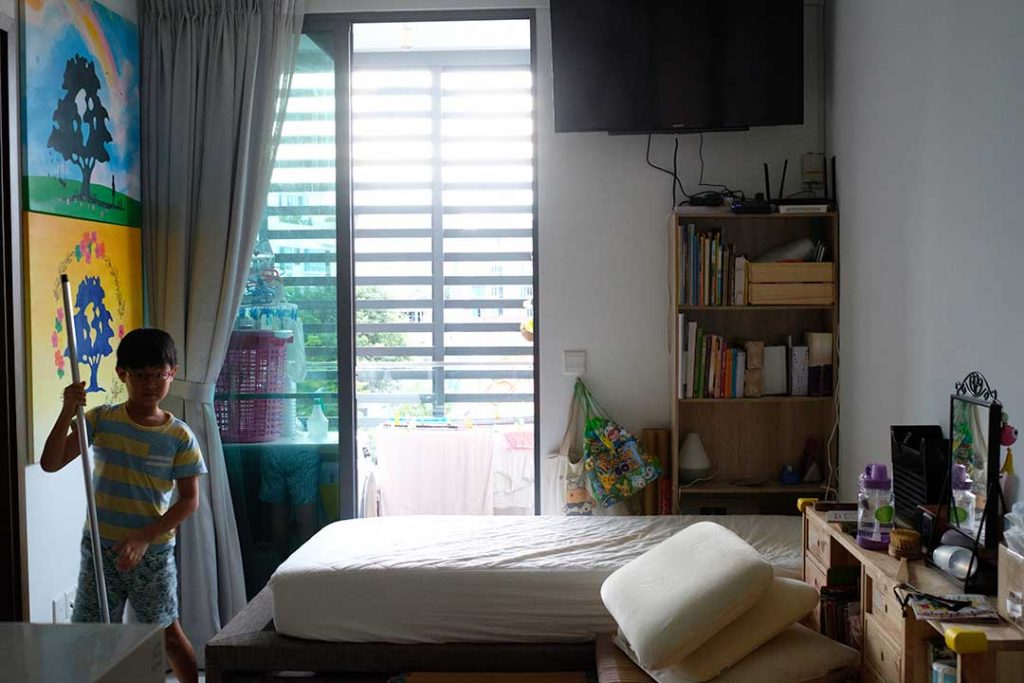
According to him, this will happen when the government is no longer able to manipulate the economy, when it can’t just build yet another casino to attract foreign money to boost the economy for another 5 years.
Quoting the example of how North Korea got its oil from Russia through a local brokerage, he starts sounding like a conspiracy theorist when suggesting that things will start going to shit – for instance, when new rules on global financial information exchanges kick in next year. For Singapore, which he claims has always been a hub for money laundering, this will be particularly devastating.
“People will commit suicide, that’s for sure. There will be a lot of finger pointing and blaming the government didn’t do a good job. Then the government will blame the citizens, you all never put in effort. And because the citizens voted for the government whom they expect to take care of all things, there will come a tipping point.”
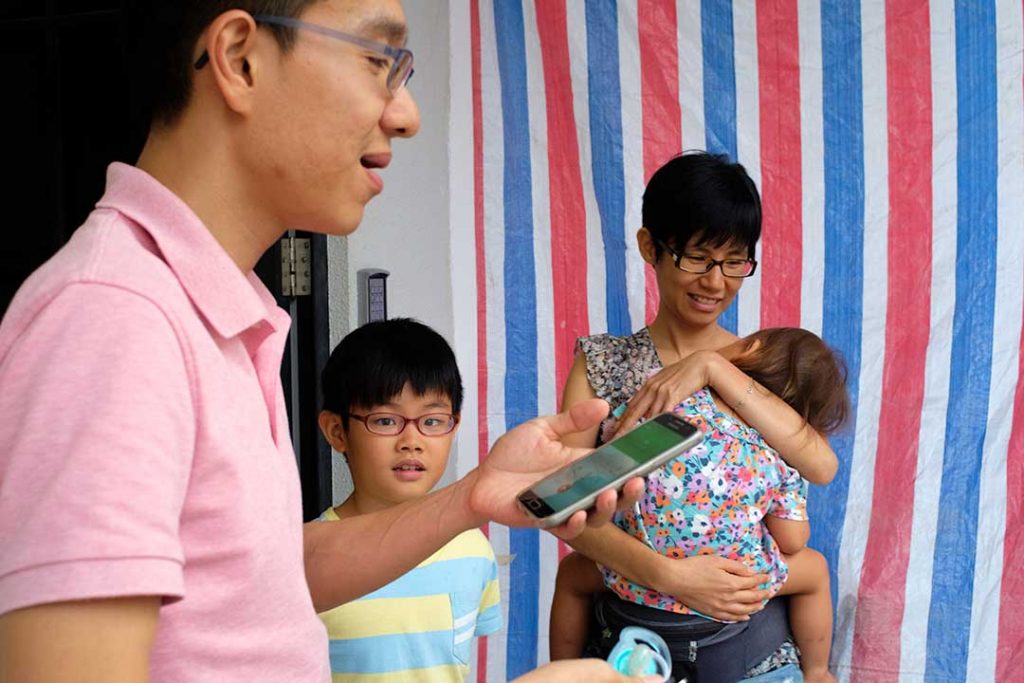
He describes a story told by Confucius: “If there’s a big forest fire and one in your own backyard, which one do you put out first? If it’s Confucius, he wouldn’t even leave his own backyard. He would just put out the fire closest to him.”
And while he has lost all respect for the civil service, Shirwin has no one but himself to blame for the fact that cab driving has become the only career choice available to him—something that he hints at having to do with his civil service track record.
Knowing full well that civil servants are not allowed to have political affiliations, he continued to remain a part of the Young PAP. Civil servants are not supposed to moonlight either, but he ran his own private business on the side. Even when he left CAAS to work for the Consumers Association of Singapore, he continued to bend the rules.
In his view, “These people are drawing fat checks, but they’re not trying to be entrepreneurs. All the more you should encourage them to go and drive taxi, to set up their own business! If you want to talk about conflicts of interest, there’s nowhere with more conflicts of interest than in the Singapore government!”
When I question why he did all these things anyway, he replies candidly, “I just don’t care.”
Again, he cites Uber’s way of doing business.
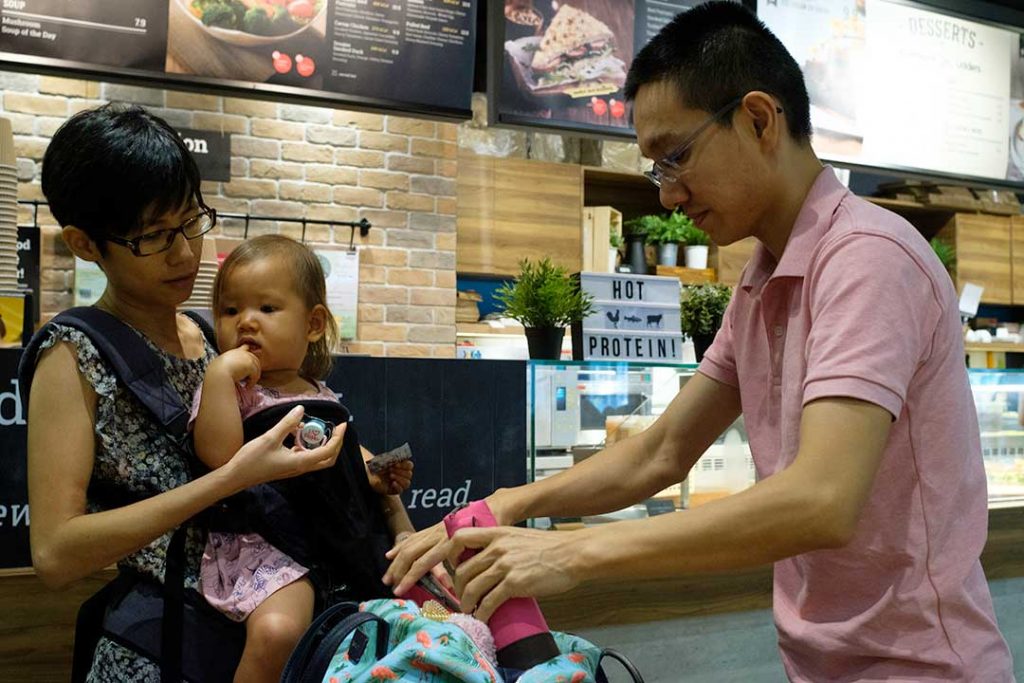
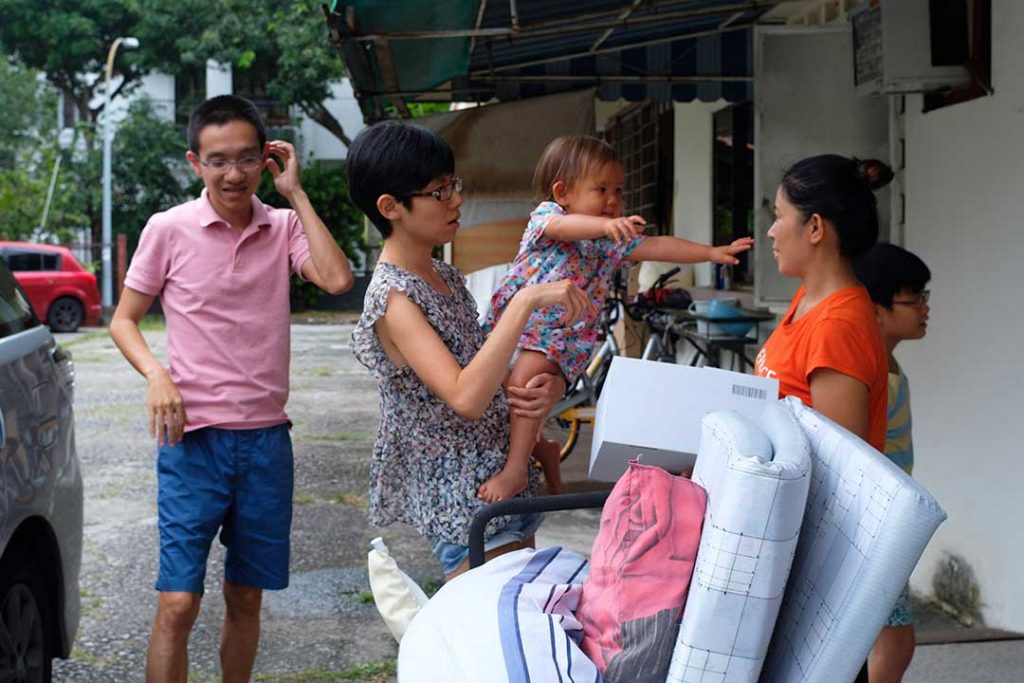
This way, he gets to see the application forms, question the requirements, and bring them to public attention. When asked what he would do as a politician, he first says, “Nothing.”
Later, he clarifies that he would “transparentise” everything: “I will stamp out the corruption. I will transparentise the HR payroll, then you’ll know how much the civil servants are paid. I will still do nothing, but I will expose everything that comes to my table. I say doing nothing because obviously doing nothing is the toughest thing, since many times we are forced to cover up and do things to conceal real intentions.”
He goes on to explain that we can actually be “very chill and do nothing,” and life would go on as though it was effortless.
Quoting Dr. Herbert M. Shelton, an American naturopath and alternative medicine advocate, he says that the key is to do nothing intelligently. And he tries to practise this with the way he runs for politics – “There’s no need to overly justify myself.”
Shirwin shares that when he was still at CAAS, he really respected Lee Hsien Yang, who was and still is the chairman of CAAS, even though they never met. Unlike his superiors who were always “frightened, tense, and would always arrive at work late,” Lee Hsien Yang was different.
“He’s always relaxed, can see him sit in the Coffee Bean, meeting is at 8:30 he come at 8 he’ll sit there drink chai latte. He’s such a chill person. How can a chill person be wrong?”
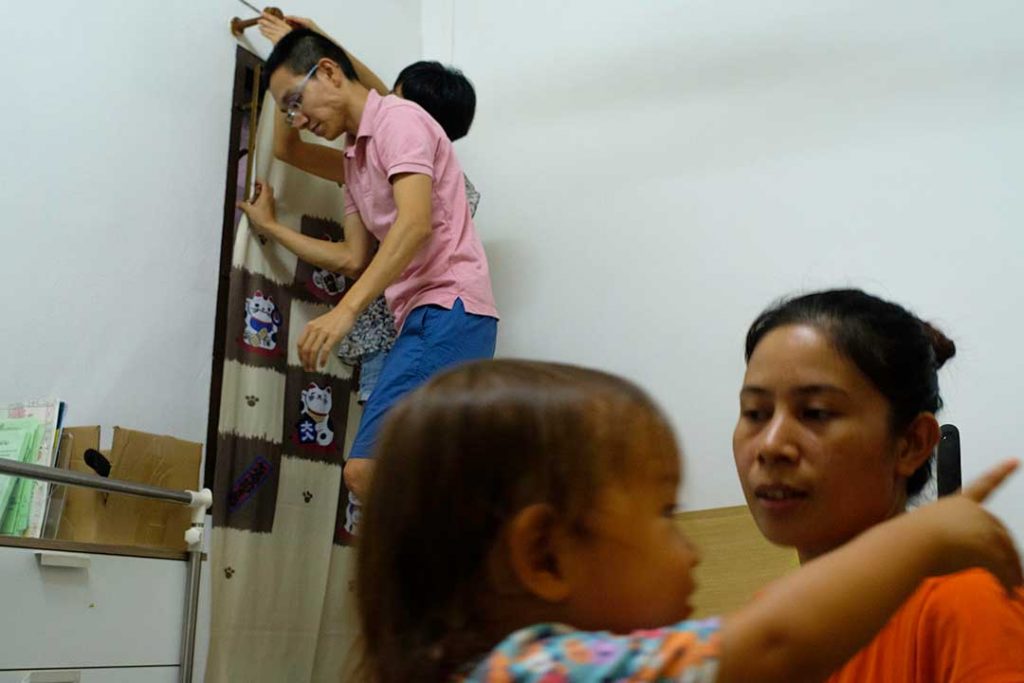
“I want absolute freedom for my kids. At least next time when they grow up and they ask why we never migrate, I’ll say I did my best already. This is my way of fighting within my limits. I’m privileged to be in this position with my knowledge so I can do what I’m doing.”
Later, as I’m sitting in the backseat of his car, next to his 2 year-old daughter, I somehow end up thinking of Liam Neeson in Taken. Yet I hesitate to compare Shirwin’s passion as a father to that of a psychopathic actor seeking justice and vengeance. After all, he does project a lot of his own existential fears onto his children.
I do, however, find myself hoping that his daughter comes to see him in equally heroic proportions, and not just how the mainstream media and our own quicker judgements want us to. Because if Singapore is indeed going to be in as bad a shape as Shirwin says, at least she would still have someone to look up to.
For now, Shirwin plans to home-school her to keep her out of Singapore’s ‘oppressive’ system. When he talks about how it’s compulsory to take the PSLE and O Level examinations, the bitterness in his voice is such that he seems to take this as a personal affront to his rights as a parent.
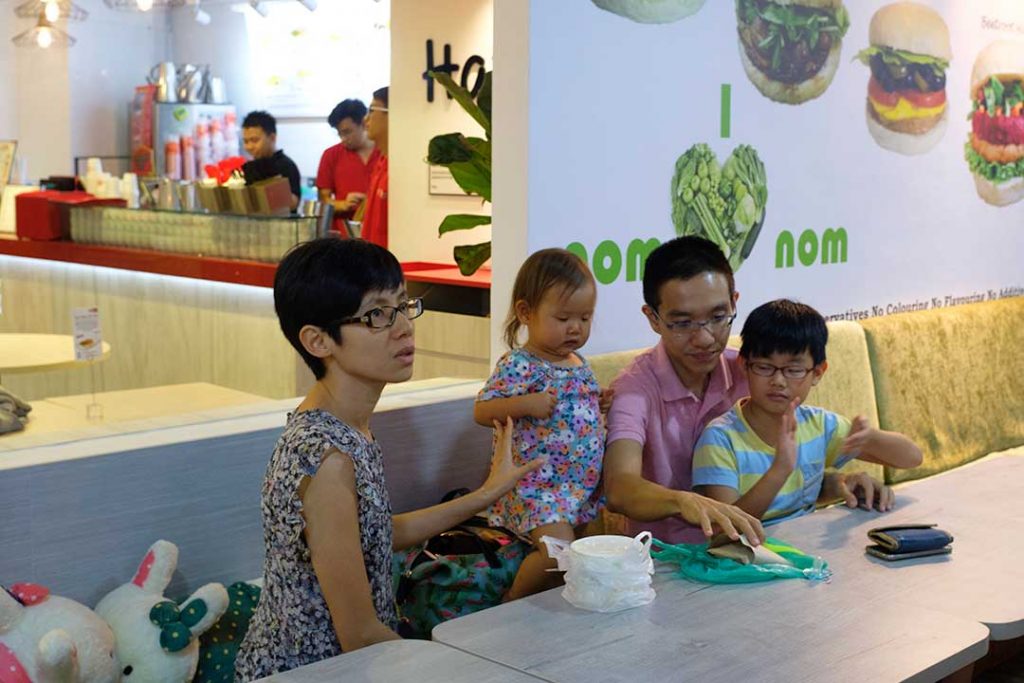
Perhaps Singaporean culture has been engineered in such a way that people like Shirwin can only lose—not just election nominations, but also their credibility, simply by way of not having pursued a “respectable” occupation or being someone notable. Perhaps we really are a country where “even if you’re good at art, you need to excel at academics”.
But if Shirwin wants to see the change he thinks we need, he will first have to change the man in the mirror. In his own words: “If you can’t even help yourself, don’t try to be a saviour to others. I think I’m at that stage now, when I’m just trying my very best to help myself.”
Already, I can think of at least a few public figures who would do well to take such advice to heart.

